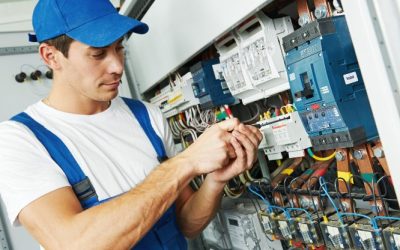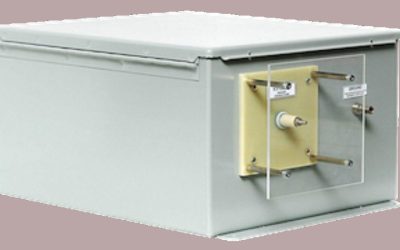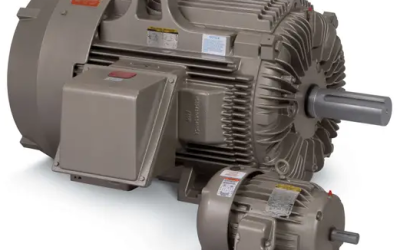While it is easy to see how a humidity sensor could be used by a weather station or any home weather device, there are many other essential uses for this important piece of electronic equipment.
While a humidity sensor is used outdoors for weather measurements, it is also an important part of maintaining the humidity is specialized environments. This can include in hospitals, laboratories, chemical processing environments, and even in food production as well as in heating, air conditioning, and ventilation applications.
You will also find humidity sensor and temperature sensors in wine cellars, in some types of aging rooms for meats and foods, as well as in vehicles to turn on and off defrosting and temperature control systems. To understand how important these devices are a closer look at what they do can be helpful.
How They Work
The correct term for a humidity sensor is a hygrometer, and it measures the humidity in the air as well as the temperature. These two measurements are required to measure relative humidity. The reason that temperature is included in the measurement is directly related to the fact that warmer air can hold more moisture.
The humidity sensor, at least the most common design, is considered to operate for capacitive measurement. This means the electrical capacitance or a field created between two electrical conductors on the sensor, is what triggers the reading. These are used in virtually all applications requiring accurate, continual or very specific types of readings.
When moisture is present, it changes the electrical voltage between the two sensors. This change is converted to an electrical impulse that is read by the sensor element and then relayed through the system to allow for readings, on and off operations, or other requirements for the specific application.
What to Consider
There are many different models, styles and even types of humidity sensors available on the market today. By understanding the benefits of one sensor over another, such as a low energy draw, very low measurement errors, high performance in specific environments or other criteria you can find the right design for your needs.
Pricing and availability may also be issues to consider when comparing one humidity sensor to another model, brand or type. Just keep in mind the criteria you need, and the environment the sensor will be used in when making your final choice.
At Gopher Electronics, we offer a top selection of humidity sensor models by Honeywell and other leading manufacturers. To see more go to website.








